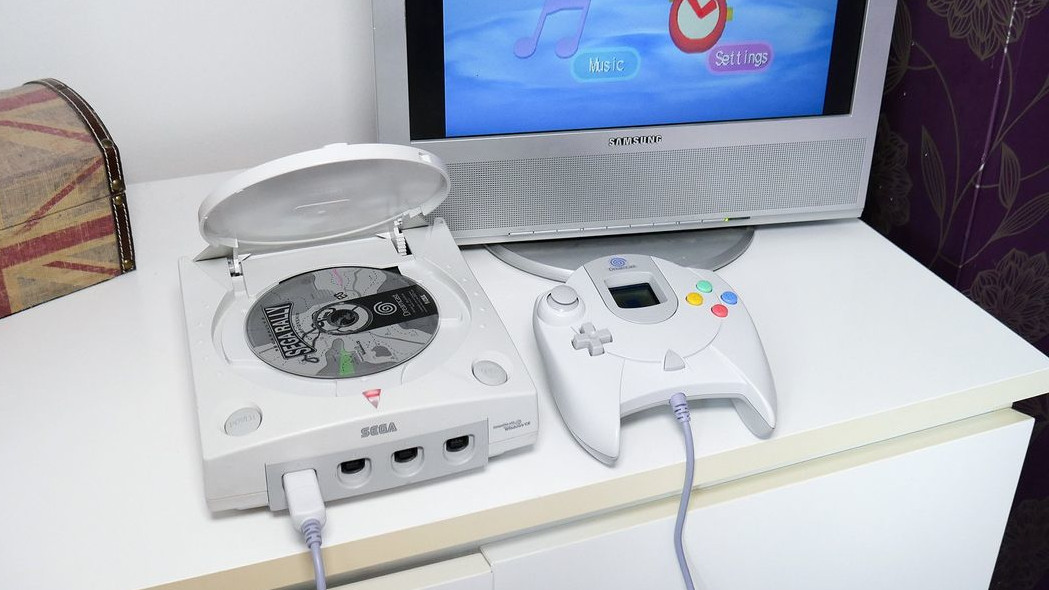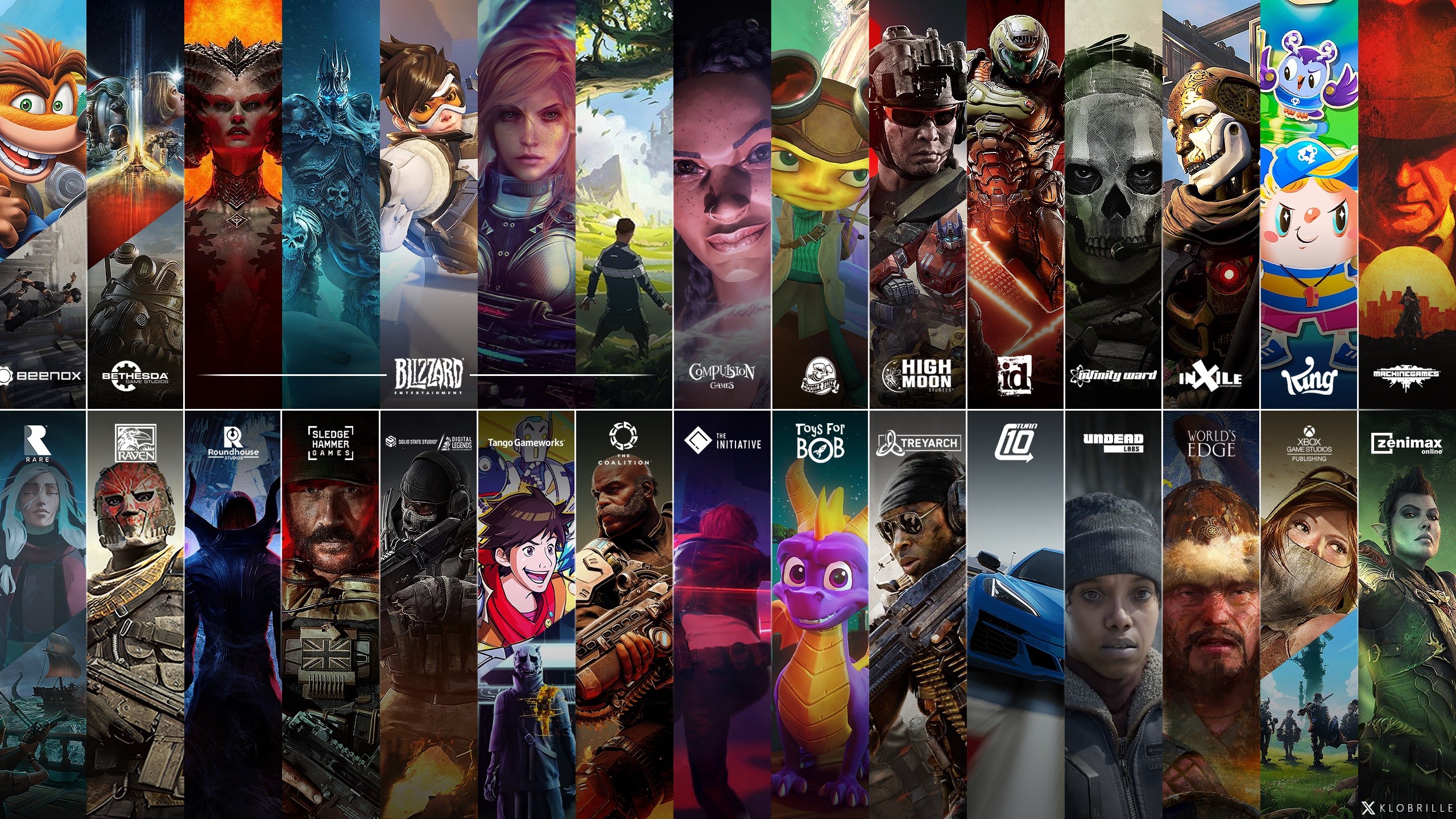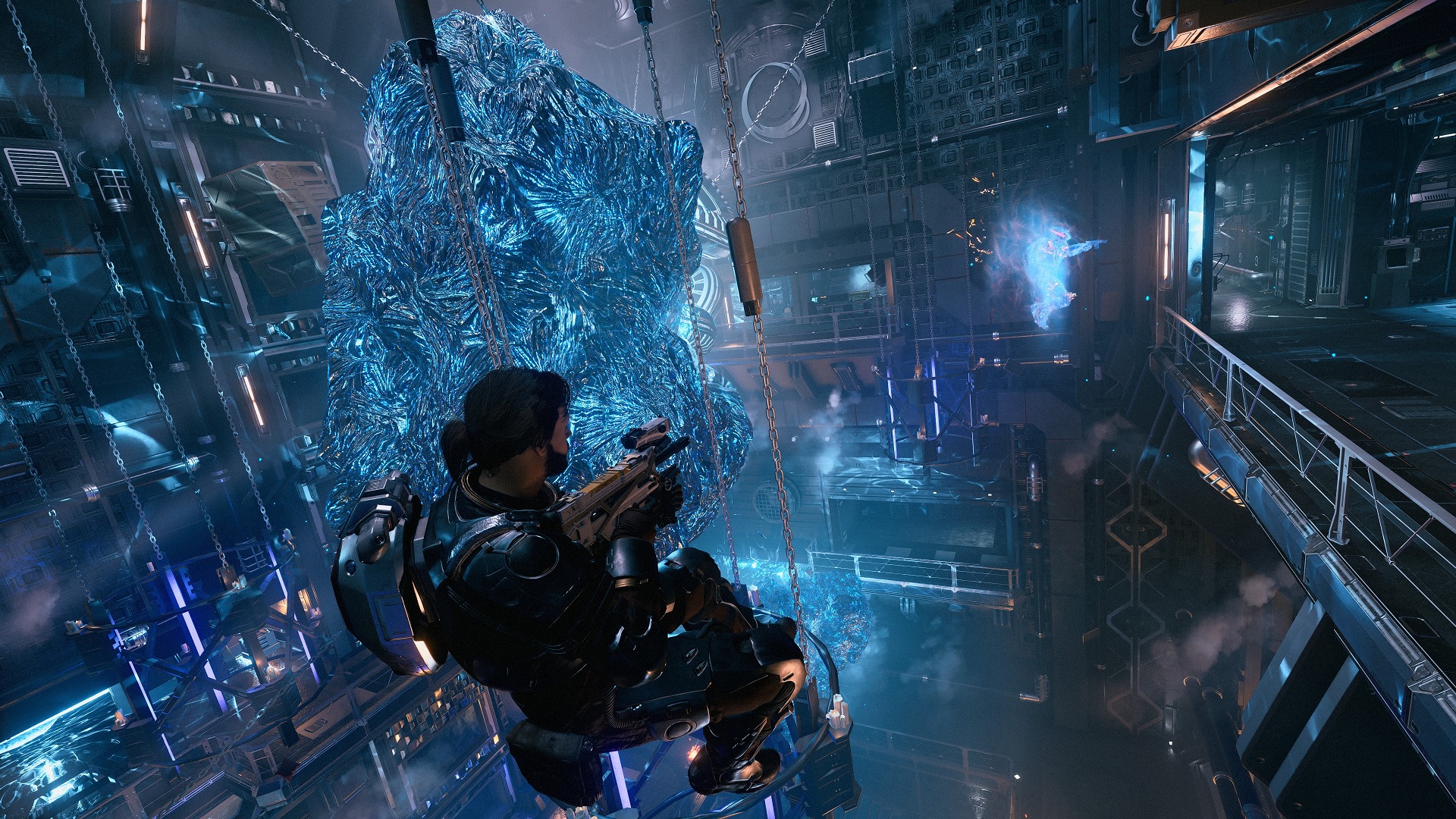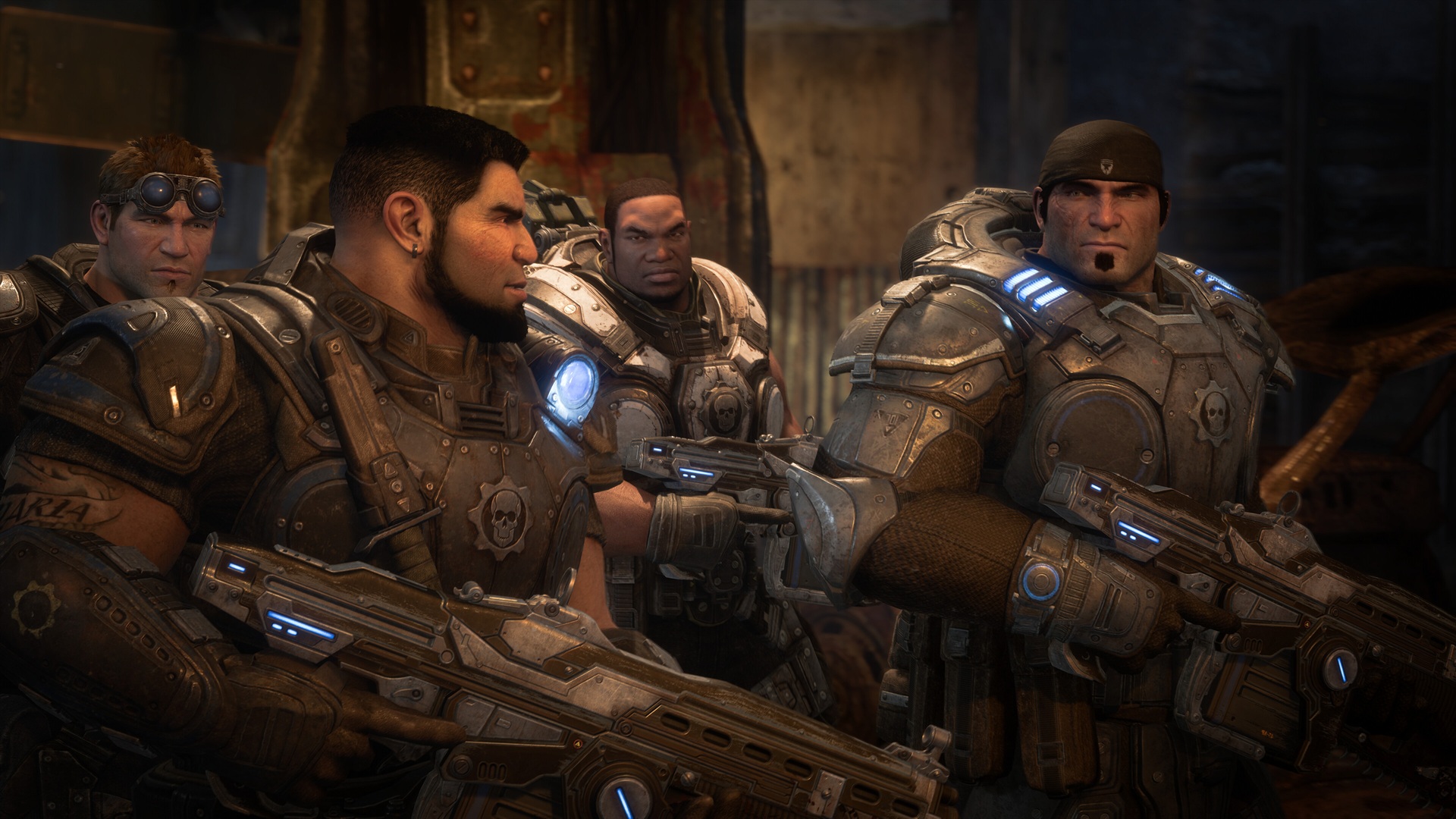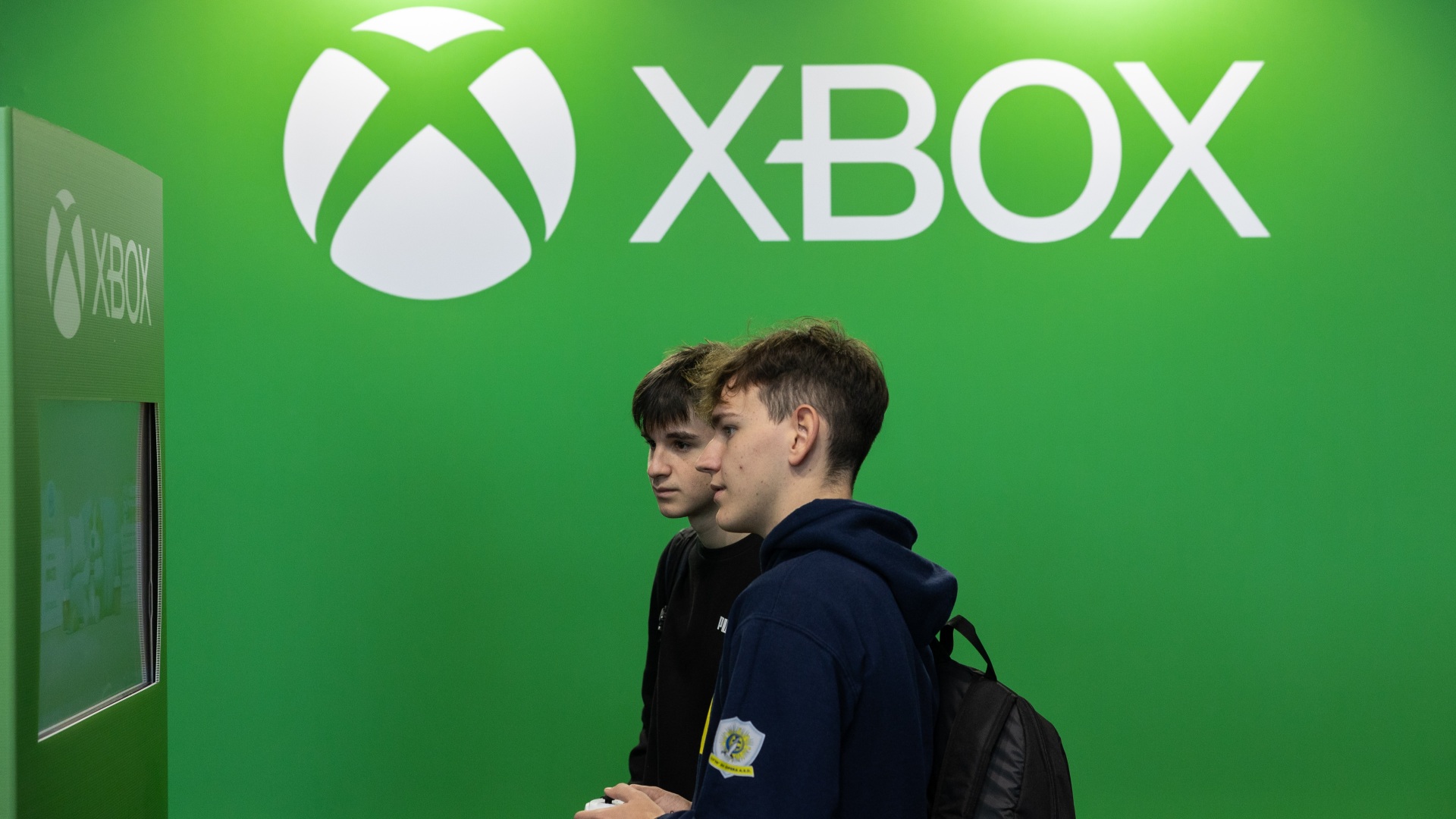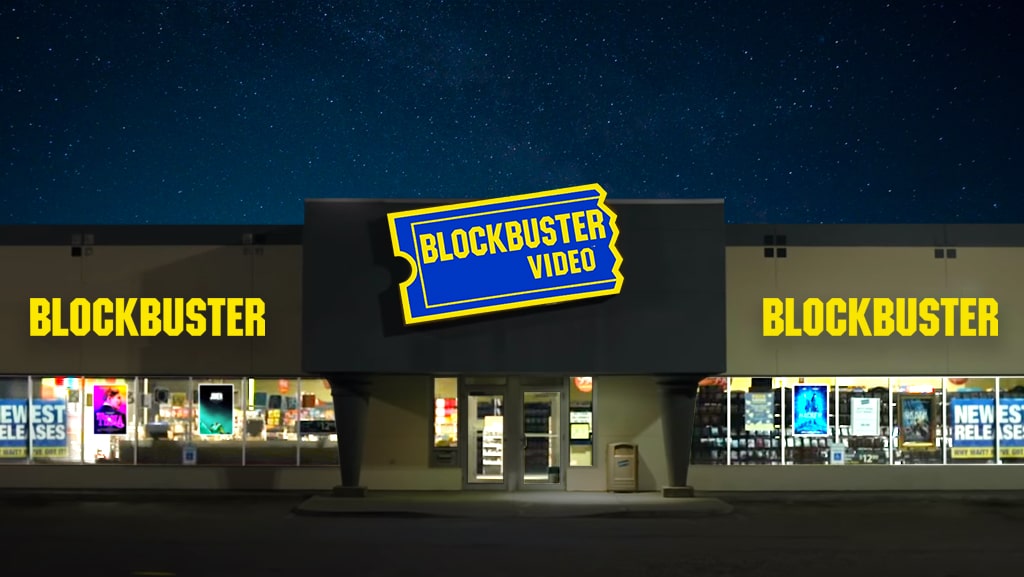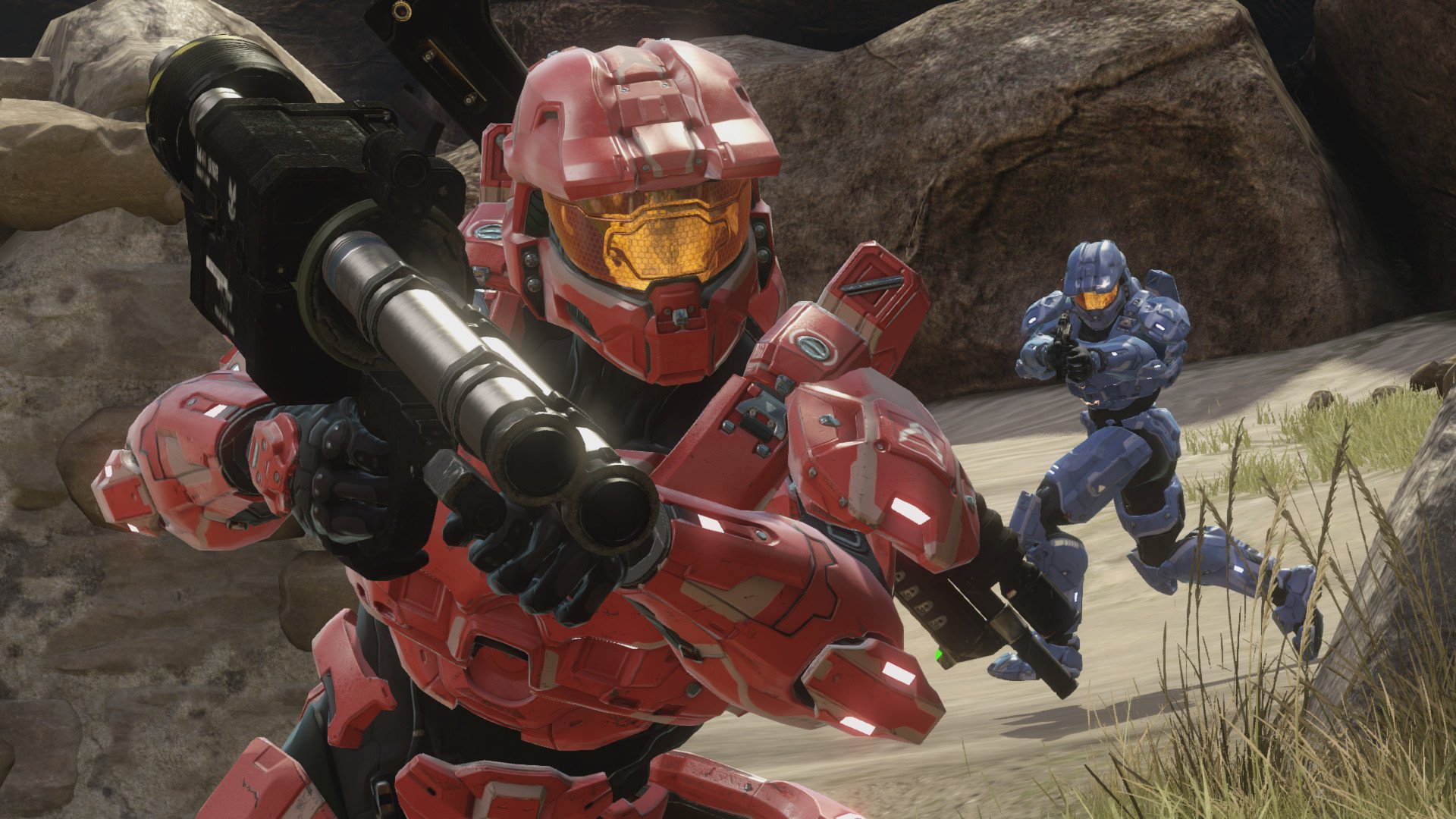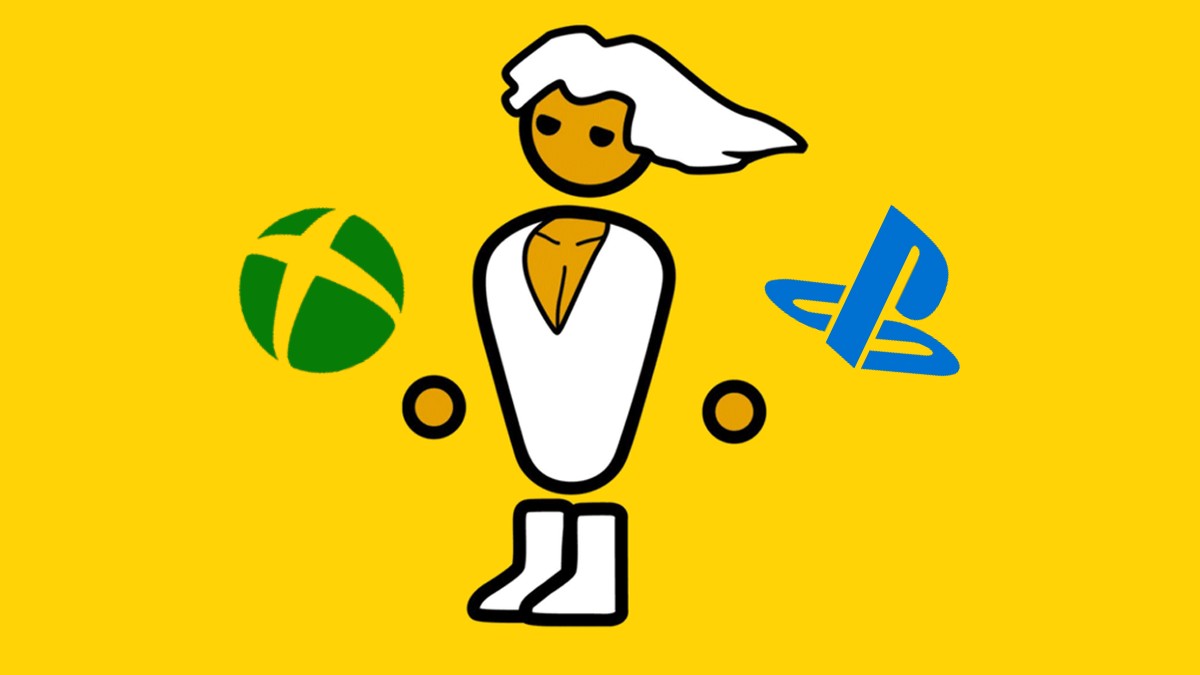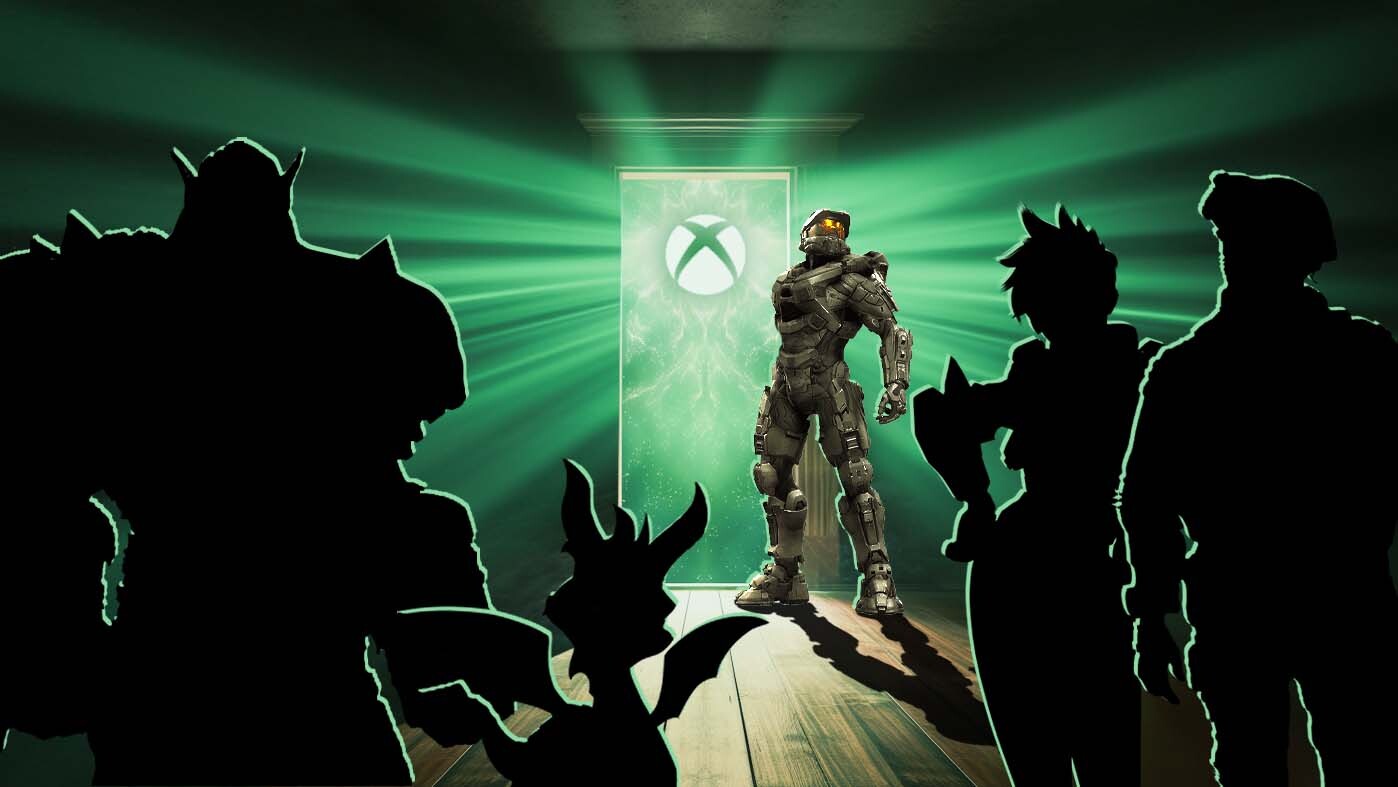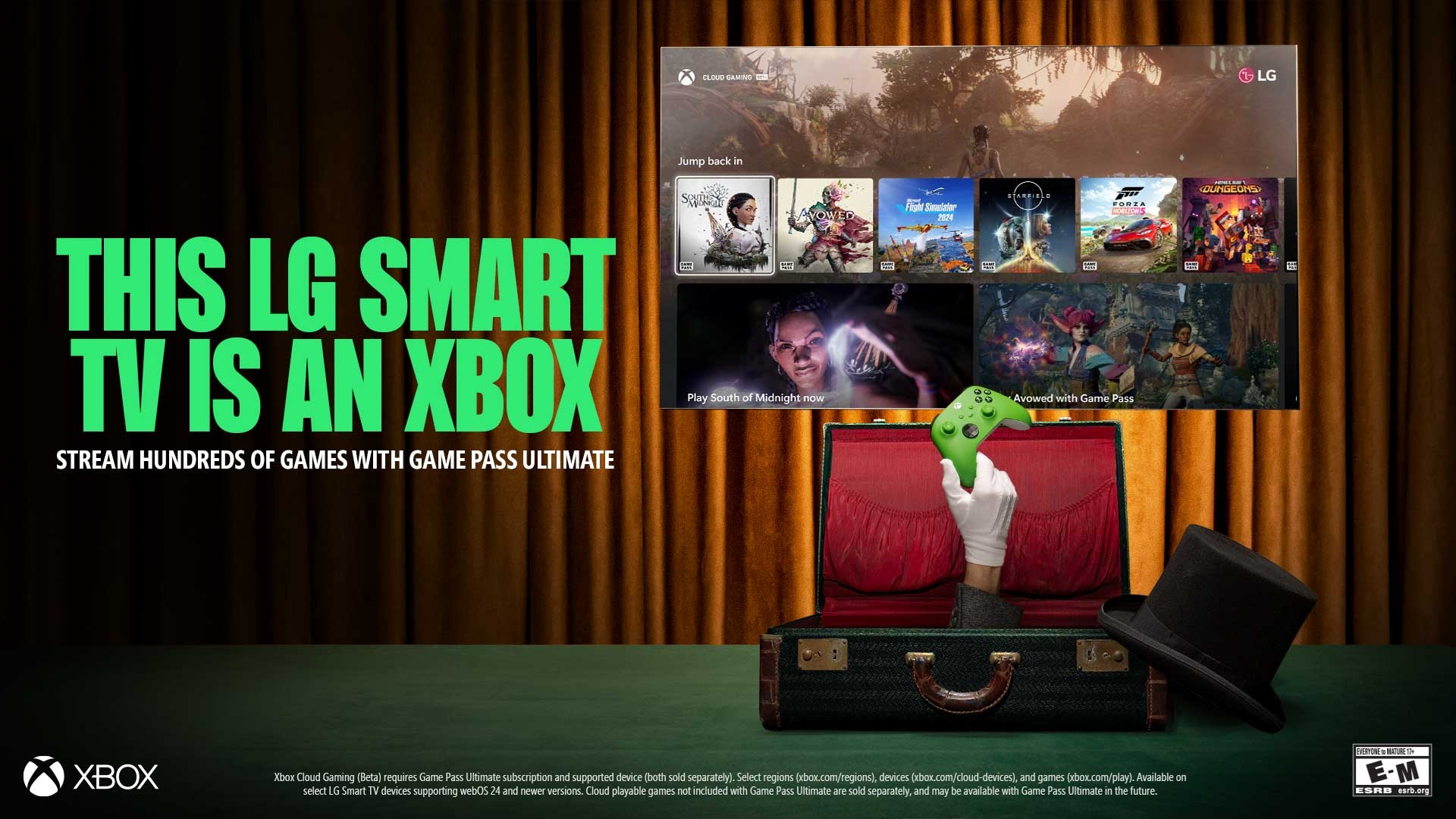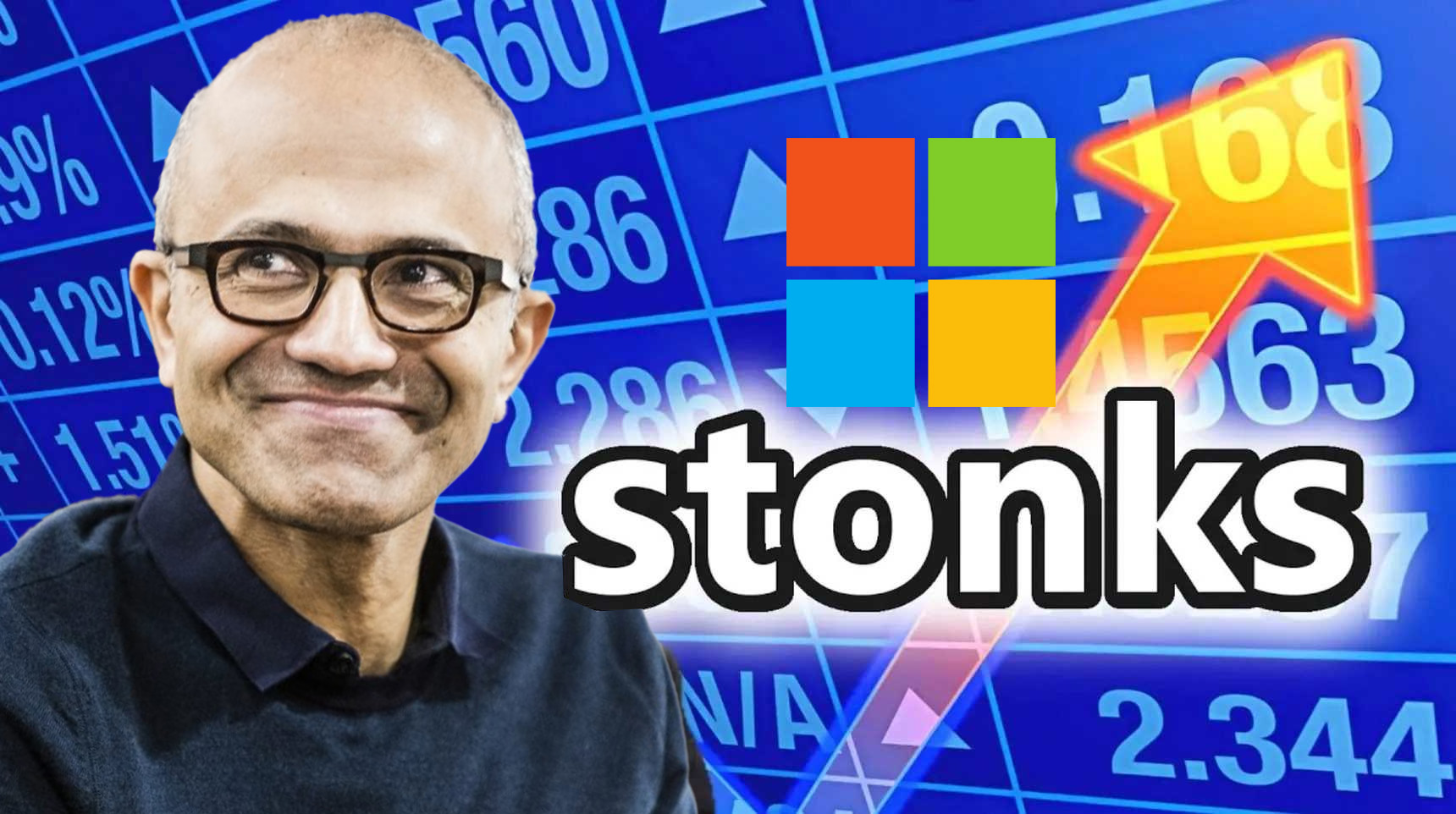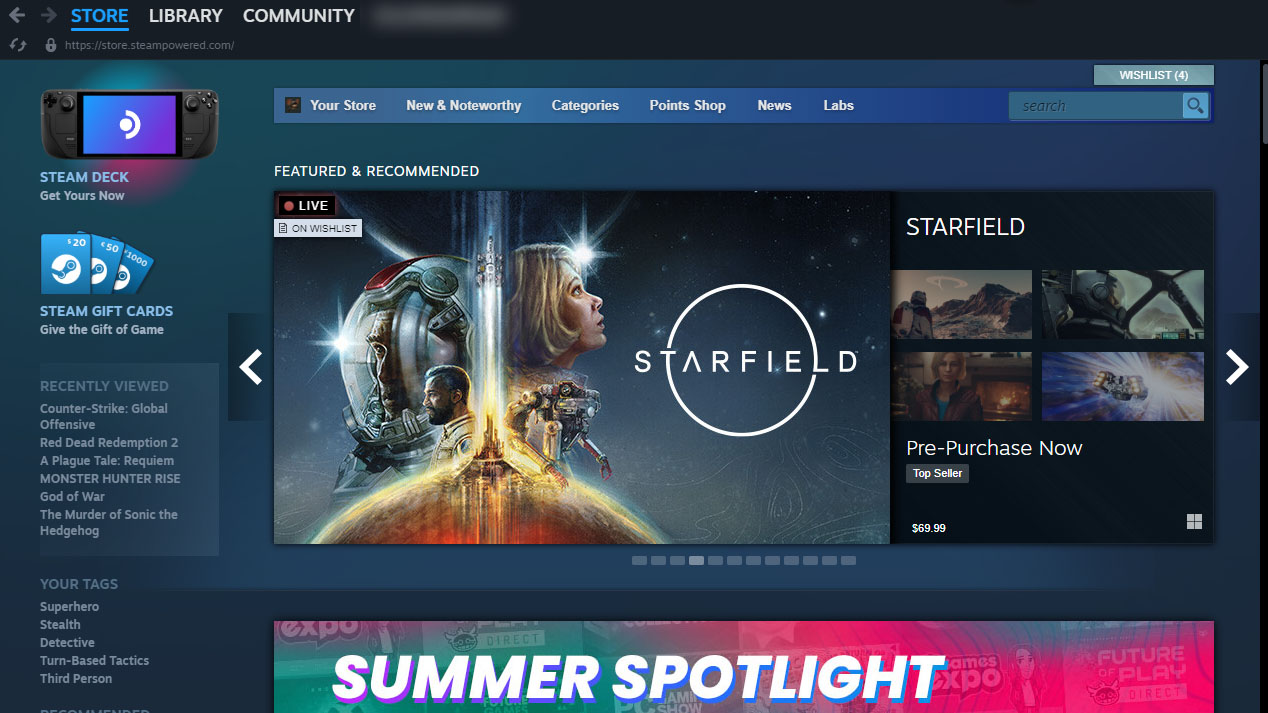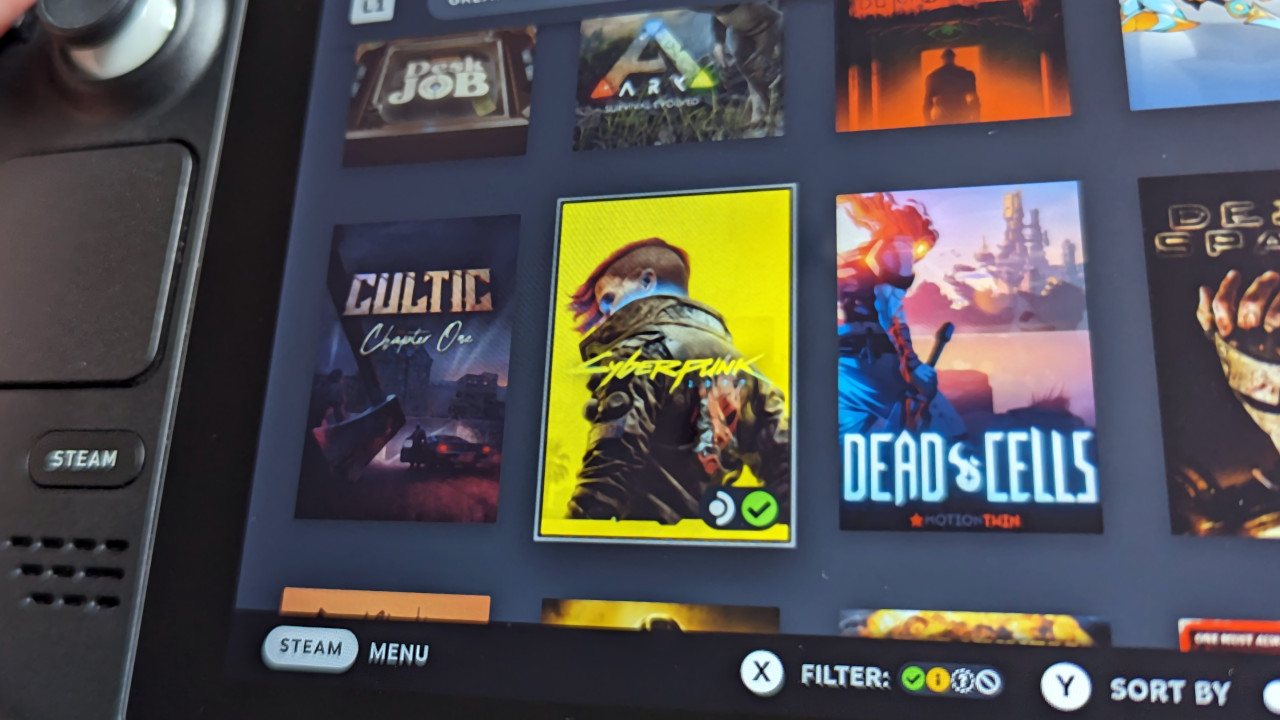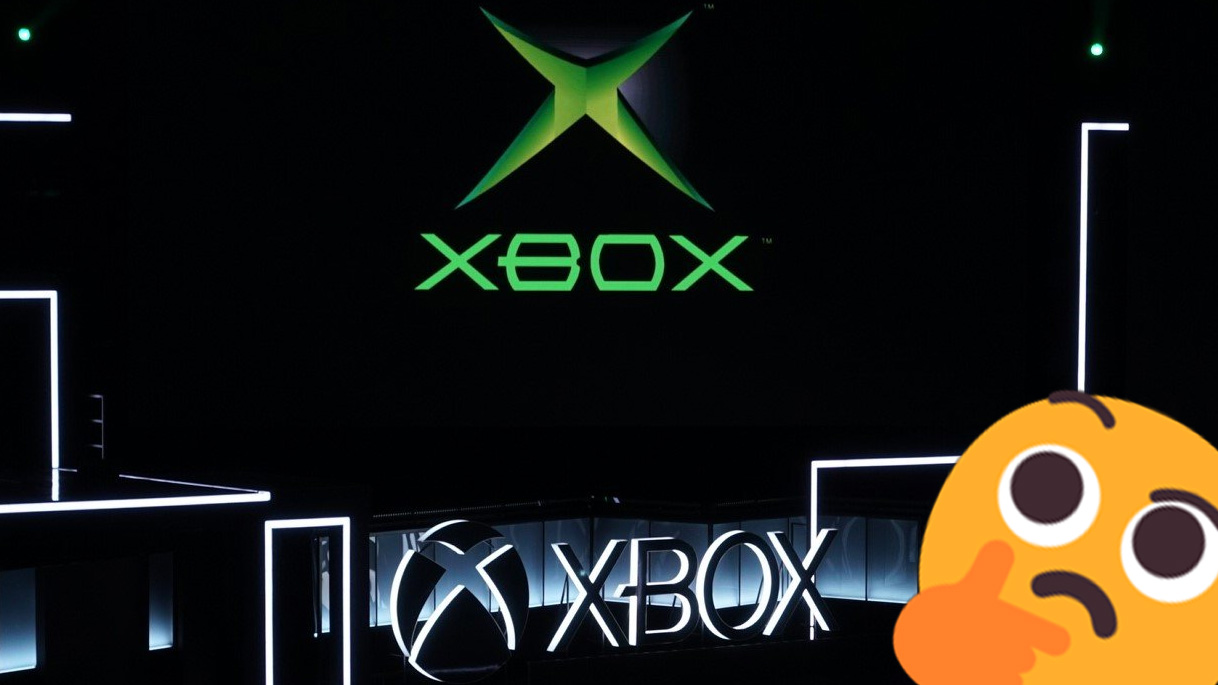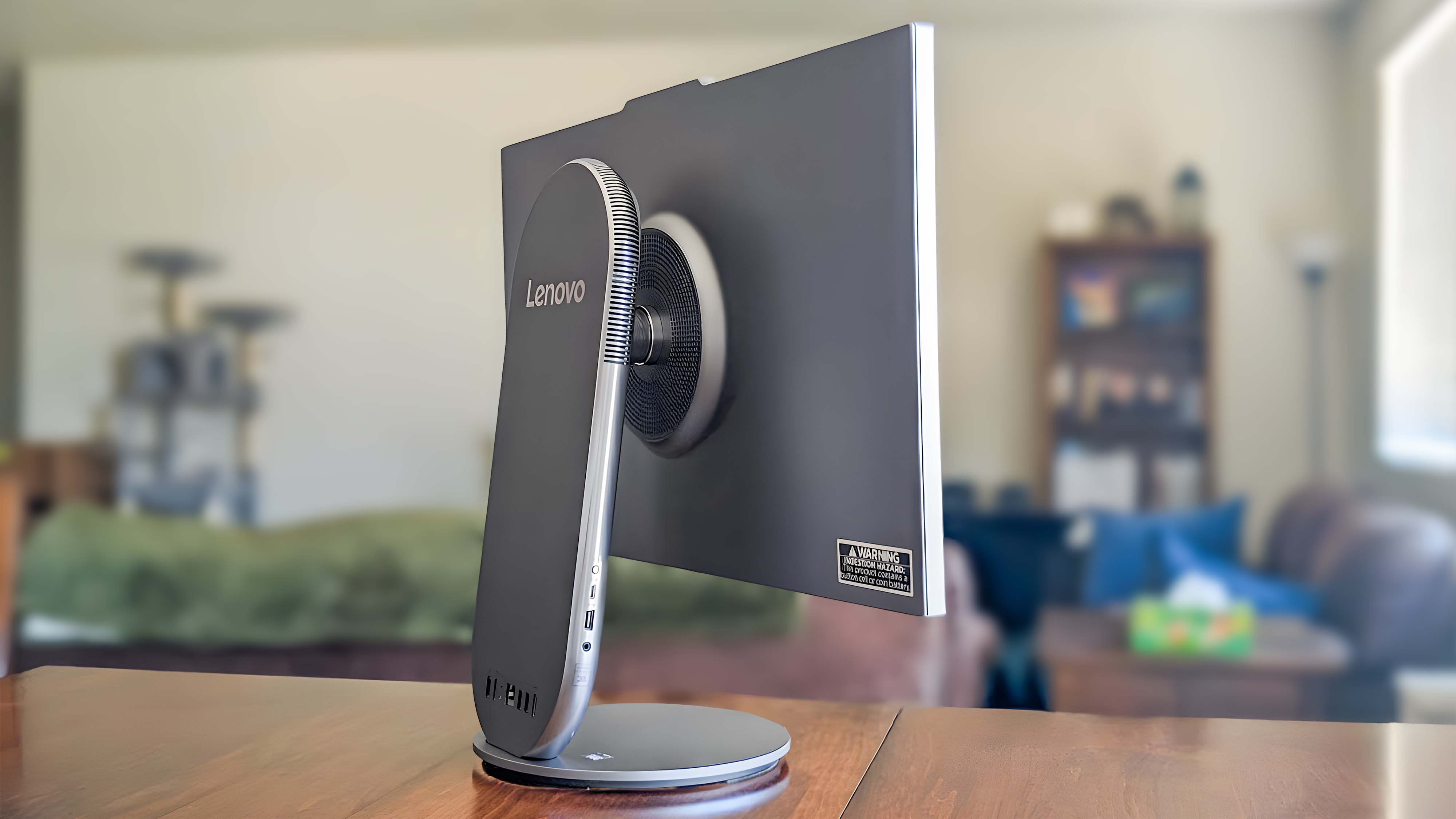Xbox has become a Game Pass machine and nothing more — Is it enough to justify Microsoft's console over a costly gaming PC?
The reasons for owning an Xbox Series X have dwindled to one compared to competing platforms, but can it still appeal to me?
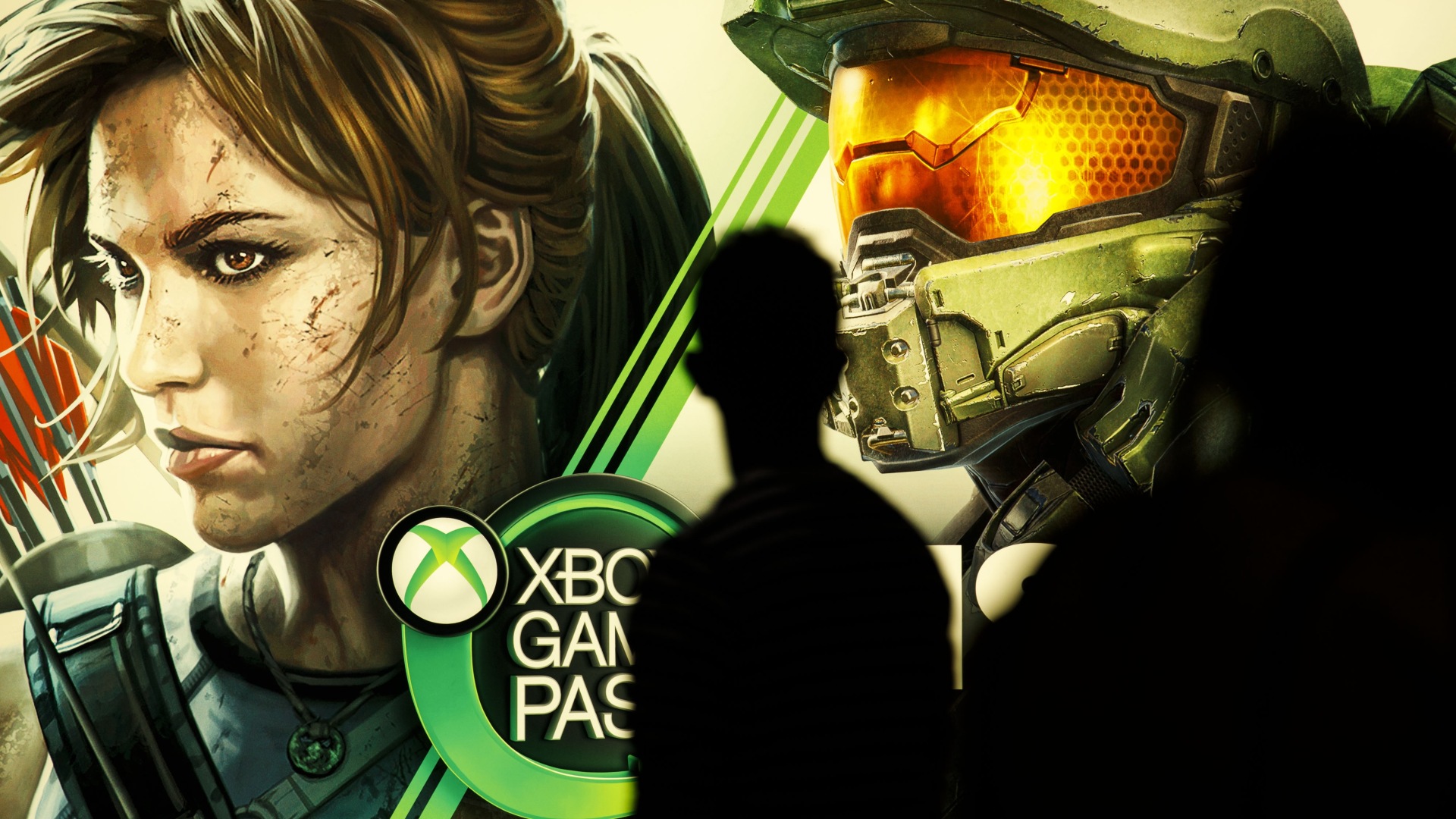
All the latest news, reviews, and guides for Windows and Xbox diehards.
You are now subscribed
Your newsletter sign-up was successful
My opinion may seem irrational or even fanboyish, and I fully expect to see a barrage of comments disagreeing with me, as well as a platoon of the Internet's finest coming to agree.
Console wars are something I left behind long ago because it all comes down to what you, the consumer, want out of your device. For some, this is personal, even intimate.
What I'm about to say reflects what I expect from my console experience, not yours. That said, I know I'm not alone in these thoughts. Thousands, if not millions, of people are also asking this.
Why should I buy an Xbox? Seriously, is Game Pass tempting enough to convince anyone to buy Microsoft's console, especially since subscriptions have been "basically flat"? (via Mat Piscatella of Circana)
Xbox was history in the making
Fandom is often irrational. We build it over the years through experiences and other illogical things. For years, as an Xbox fan, all I wanted to see were exclusive games finally coming to the platform.
For the health of the industry, if nothing else, I wanted Xbox to compete toe-to-toe with the likes of PlayStation and Sony's exclusive content.
So when Microsoft bought Bethesda, I thought, "This is fantastic. Maybe not all games should be exclusive, but Xbox finally has some creative talent outside its original studios to do something special."
All the latest news, reviews, and guides for Windows and Xbox diehards.
Sure, Microsoft already had the likes of Ninja Theory and Compulsion Games, but at the end of the day, those were still smaller Studios. They had created fantastic experiences with Hellblade 2 and South of Midnight; it still doesn't compare to something as iconic as Gears of War or Uncharted.
Microsoft needed a real AAA creator at the gaming helm. So, when Xbox also announced its acquisition of Activision and Blizzard, my eyebrows shot straight up. Now, Xbox has ABK and Bethesda.
Again, I didn't want to see franchises like Call of Duty or Diablo become exclusive to the Xbox platform, but I thought it would be a great way to acquire new talent and studios that could supply other developers with help and creative assemblage.
On top of that, all those titles would come to Game Pass. I wouldn't have to spend $60 (or $70 to $80 after Microsoft's incoming price increases) on Call of Duty yearly.
I was going to play Diablo 4 as a part of Game Pass because that sounded awesome.
Never in my wildest dreams did I consider that these acquisitions would lead to us losing exclusives altogether. Sure, you can say Starfield is still exclusive, but can you say it with a straight face?
Could you have looked me in the eye and told me that you were certain Starfield was going to stay exclusive? How about Halo or, now, Gears of War games coming to PlayStation?
It's only a matter of time before something like Halo: Master Chief Collection is announced for PlayStation 5. (I can't wait to see it touted as PlayStation 5 Pro Enhanced.)
The 'shareckoning' of Xbox exclusives is happening; that's just a fact, Jack. And if you have a problem with that, go talk to Microsoft and Xbox. Don't shoot the messenger for being realistic.
I experienced my own journey to arrive at this truth. Initially, I shrugged off the initial vanishing of exclusives through the releases of the excellent Hi-Fi RUSH, Grounded, and Pentiment.
Hi-Fi RUSH, in particular, was one of the best games I played that year, and it came from a studio that most likely had planned on a PlayStation release to begin with.
Next came Indiana Jones' move to PS5 alongside DOOM. Again, I believed those were coming from former multiplatform studios. Indiana Jones could be explained away as a major Disney partnership that was in place prior to Microsoft's acquisition. DOOM was always multiplatform, and withholding a sequel didn't make much sense.
Then, Forza Horizon 5 was announced, and my excuse tank was running low. At least it wasn't the latest Forza Motorsport, right?
Now, Gears of War: Reloaded is on the way, and I just don't care anymore. Two of the big three have moved to PlayStation, and if you haven't started asking the big question, now is the time.
If not Xbox, where should I play my games?
To make this as straightforward as possible, I'll reduce the clutter of existing digital libraries and preferences: What device would someone buy if they started gaming today?
Let's break it down into a bullet-point list.
- Xbox
- Game Pass
- PlayStation
- Exclusives
- PlayStation Premium
- Windows PC
- Exclusives
- Game Pass
- Most PlayStation games
When it comes to the bare essentials, one console offers something many gamers still care about: exclusives. I'll touch on the PC in a minute.
We can compare Game Pass and PlayStation Premium, and it's clear that Xbox is the winner. If I need to break that down for you, then maybe you're someone who doesn't care that PlayStation is constantly removing first-party titles from its own service.
But is Game Pass enough to get people to buy into a $400 to $600 Xbox ecosystem? Would I buy the console with a subscription-based service as its main pull, or would I buy the console with games exclusive to its platform?
I think of it this way: Would I have paid upfront to use Blockbuster or Hollywood Video all those years ago? I don't think so.
While the value proposition between the two services is different, where you get access to 400+ games for $20 a month versus one game for $7 per week, are you playing more than four games monthly?
Look, I get how this is a good thing for consumers overall. Exclusivity is the bane of existence, especially if you're a PC gamer.
Still, it's a simple fact that if you're choosing a console today to start playing games, a significant factor in your decision in the future is going to be the fact that almost all Xbox games can be played on PlayStation.
Almost no PlayStation games can be played on Xbox.
I realize the benefit of having Xbox games everywhere. It's a huge, pivotal moment for the gaming world and a fantastic moment for multiplatform gamers, but two things can be true simultaneously.
Xbox is both dead and more alive than ever.
Is the "smarter" choice to buy a gaming PC?
While gamers everywhere will get to play games like Forza Horizon and Gears of War, the reason for buying an Xbox console is still dwindling years later. As a lifelong Xbox fan with 450,000 Gamerscore, I tell anyone who asks me what console they should get to go out and build a PC instead (if they can afford it).
The reasons to buy specific Xbox hardware are flatlining, but the reasons to buy into the Xbox ecosystem have shot up dramatically — this is what Microsoft cares about.
As Microsoft pushes "This is an Xbox" to all-new heights, the reason to buy into exclusive Xbox hardware becomes even smaller. It's on my TV, my phone, and my Windows PC. It's everywhere. We've moved into the era of Monthly Active Users, or MAU.
Microsoft doesn't care if you're planning to buy an Xbox console. It cares if you're playing its games, paying for microtransactions, and subscribing to its services.
Plus, the Xbox ecosystem continues to exist on PC with cross-buy initiatives like "Play Anywhere" and a library of almost all Game Pass titles. Games you own are becoming increasingly more accessible through the cloud if they're not available on PC natively.
It's not like you need to get rid of your current Xbox either, because you'll keep access to older Xbox games via backward compatibility.
You can play Blue Prince through Xbox Cloud entirely on your phone or Samsung TV. While the experience may not equal that of a dedicated piece of hardware, does it matter for a game like Blue Prince? No.
Xbox Cloud Gaming latency isn't the greatest, and it's hard to play something like the intense fights of Clair Obscur: Expedition 33, but it's not even the only cloud service where you can play Game Pass games.
Executive Editor Jez Corden just played it through NVIDIA GeForce Now instead, and he proudly announced on X that he trounced a "parries-only" boss.
With all that in mind, the only logical step is to buy a PC, budget-willing — that way, you get access to Game Pass, most PlayStation-exclusive games, and exclusive PC games.
Then again, maybe I'm jumping the gun. What does Xbox have planned?
The future of Xbox — to the Cloud and beyond
Xbox is notorious for pulling the trigger on things long before its general plan makes sense. It tends to have a vision in mind, but without telling people what that vision is, it begins executing the steps of that plan.
And in doing so, all it does is confuse people until they finally get to that situation or that ultimate end goal that Microsoft and Xbox have planned out all this time. That's never really worked, though.
In the past, this type of business movement has dented Xbox customer confidence while Xbox and Microsoft execute their goal behind the scenes. Is there more to the goal besides money? Probably not, but what else could get Microsoft the most money?
If I had to guess, I'd say the rumors are true that the next Xbox will side-load Steam alongside Xbox content and essentially become a PC, making this whole plan of passing exclusives off to other platforms far more feasible.
If you buy a piece of hardware, you'll purchase the one that gives you the best opportunity to play the most games. In the case of Xbox, it would have the most games by default.
If it can also side-load Steam, PlayStation won't be able to touch that. Xbox would absolutely trounce any value proposition of a PlayStation console, especially with PlayStation games coming to PC via Steam (that's if PlayStation didn't somehow block it).
Then again, this is technically only wishful thinking. We don't know Microsoft's actual plans right now; all we know is that every exclusive game is disappearing from the ecosystem it spent the last 20 years attempting to build.
Memes of Xbox becoming Sega are becoming more realistic every day. Phil Spencer once said that Xbox lost the most important generation when the Xbox One lost against the PlayStation 4.
People had already bought into their digital library and were going into the next generation wanting to continue their investment in that ecosystem. While others claimed Xbox could still come back, they may have already admitted defeat at that point.
Microsoft no longer sees gaming hardware as it once did. Going forward, hardware will merely be a vehicle to push its games and subscription services. Xbox is looking to become a niche device, especially considering that cloud gaming is becoming increasingly apparent in its ecosystem.
The whole thing feels similar to how streaming services are built into TVs nowadays, making devices like Roku sticks nearly useless. Microsoft is banking on most kids growing up and shifting to cloud-based services or other devices. Heck, there's a reason killer PC gaming handhelds are becoming so popular.
That's undoubtedly a gamble, but Microsoft is looking ahead, as any business should. I just wish it would open up about where it sees that future going.

Michael has been gaming since he was five when his mother first bought a Super Nintendo from Blockbuster. Having written for a now-defunct website in the past, he's joined Windows Central as a contributor to spreading his 30+ years of love for gaming with everyone he can. His favorites include Red Dead Redemption, all the way to the controversial Dark Souls 2.
You must confirm your public display name before commenting
Please logout and then login again, you will then be prompted to enter your display name.
